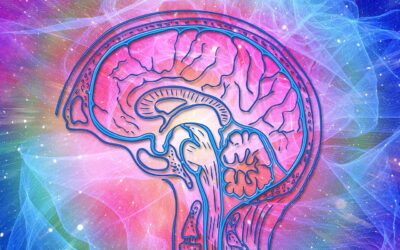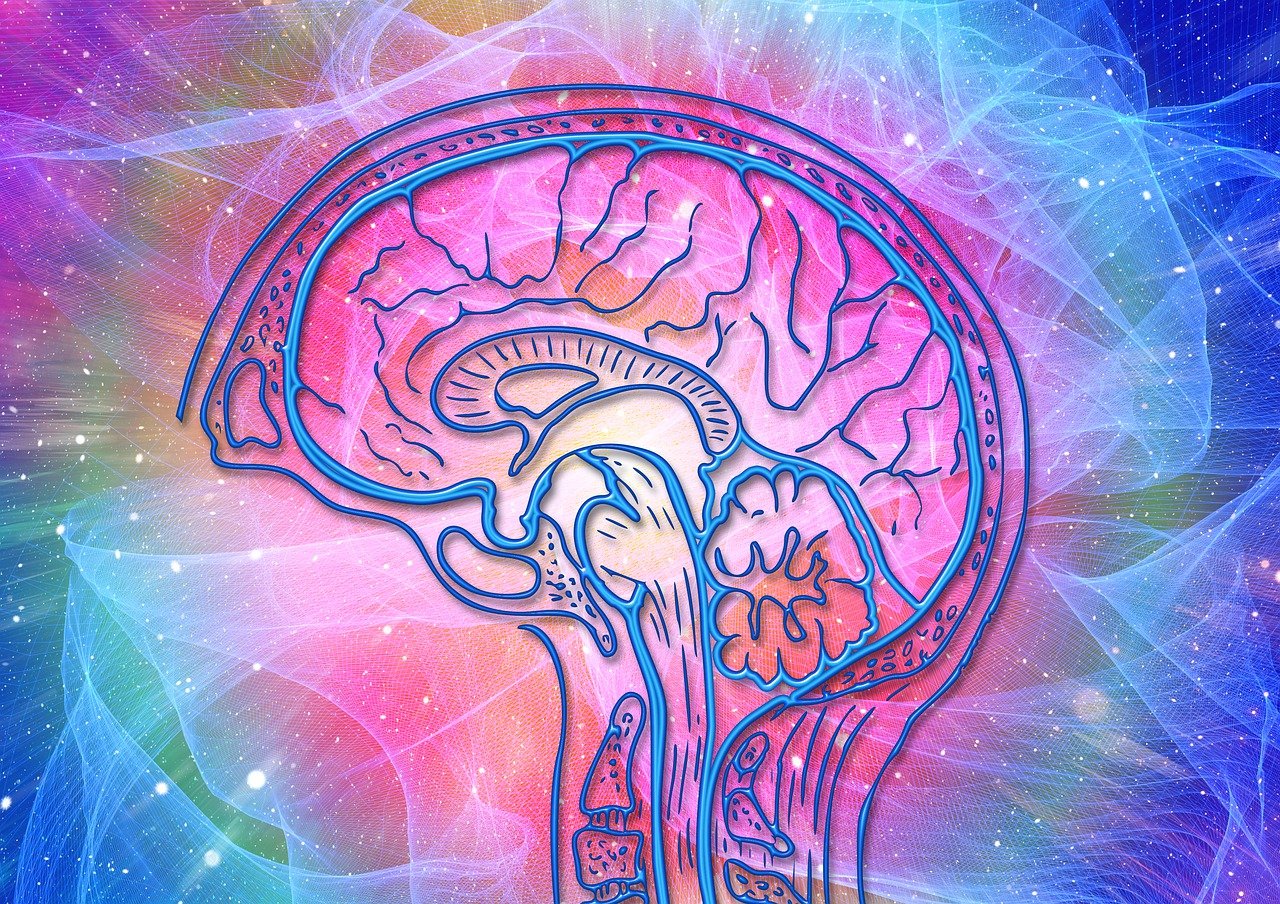Does Our AI Future Diminish Human Dignity
As artificial intelligence (AI) continues to advance at breakneck speed, a crucial question emerges: Will our AI-driven future enhance or erode human dignity? This complex issue sits at the intersection of technology, ethics, and societal values, demanding careful consideration from business leaders, policymakers, and the public alike.
The Promise and Perils of AI Automation
AI’s potential to automate routine tasks and augment human capabilities is undeniable. From healthcare diagnostics to financial analysis, AI systems are already proving their worth. However, this efficiency comes with a cost. As AI takes over more jobs, workers face displacement and potential loss of purpose. Studies suggest that up to 30% of work activities could be automated by 2030 [1]. This shift raises concerns about maintaining human dignity in an increasingly automated world.
Preserving Human Agency in Decision-Making
Another critical aspect of human dignity is our ability to make meaningful choices. As AI systems become more sophisticated in areas like personalized recommendations and predictive analytics, there’s a risk of over-reliance on algorithmic decision-making. This could lead to a erosion of human agency and critical thinking skills. Striking a balance between AI assistance and human judgment is essential to preserve our sense of autonomy and self-worth.
Redefining Human Value in an AI-Driven Economy
As AI capabilities expand, society must grapple with redefining human value beyond traditional metrics of productivity and efficiency. This shift presents both challenges and opportunities. On one hand, there’s a risk of devaluing human contributions that AI can replicate. On the other, it opens up possibilities for emphasizing uniquely human traits like creativity, empathy, and ethical reasoning. Business leaders and policymakers must work together to create economic and social structures that recognize and reward these distinctly human qualities.
The Road Ahead: Shaping an AI Future that Upholds Human Dignity
The impact of AI on human dignity is not predetermined. By proactively addressing ethical concerns and prioritizing human-centered design, we can shape an AI future that enhances rather than diminishes human dignity. This requires:
- Investing in education and reskilling programs to help workers adapt to AI-driven changes in the job market.
- Developing AI systems with built-in safeguards for human oversight and intervention.
- Crafting policies that protect individual privacy and data rights in an increasingly AI-driven world.
- Fostering public dialogue on the ethical implications of AI to ensure diverse perspectives are considered.
As we stand at this technological crossroads, the choices we make today will determine whether our AI future uplifts or undermines human dignity. By approaching AI development and deployment with a focus on ethics and human values, we can harness its potential while safeguarding the essence of what makes us human.
Sources:
[1] https://www.mckinsey.com/featured-insights/future-of-work/jobs-lost-jobs-gained-what-the-future-of-work-will-mean-for-jobs-skills-and-wages









